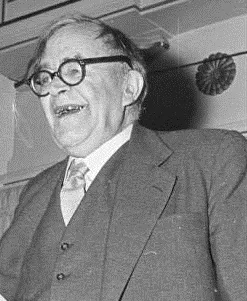
Constitution Day in Thailand: A Deep Dive into History and Significance
Constitution Day, celebrated on December 10th each year, is a significant national holiday in Thailand that commemorates the promulgation of the country’s first constitution in 1932. This day is not only an occasion to celebrate democracy but also to reflect on the historical struggles and achievements that have shaped Thailand's political landscape.
The Historical Context of Thailand's Constitution
The roots of Thailand's constitutional development can be traced back to early 20th century reforms. Prior to the 1932 revolution, the country was an absolute monarchy under King Rama VII. The political landscape was characterized by limited popular participation in governance. The push for a constitutional monarchy emerged from a small group of intellectuals and military officers who sought to modernize Thailand and reduce the monarch's absolute powers.
The First Constitution
On December 10, 1932, following a successful revolution, the first constitution of Thailand was enacted. This landmark document established the framework for a parliamentary democracy, introducing a system that allowed for greater public participation in governance. It marked a significant shift from an absolute monarchy to a constitutional monarchy, where the King would share power with elected representatives.
Importance of Constitution Day
Constitution Day serves multiple purposes:
- Celebration of Democracy: It is a day to celebrate the democratic principles enshrined in the constitution, emphasizing the importance of rule of law and human rights.
- Reflection on Historical Progress: The day allows Thais to remember the struggles of past leaders who fought for civil liberties and an accountable government.
- National Unity: It promotes national pride and unity among citizens, reminding them of their shared responsibilities in upholding democracy.
Current Observations of Constitution Day
Constitution Day is recognized nationwide with various ceremonies and activities. Government officials make public speeches highlighting the significance of the constitution, and educational programs are often organized to raise awareness among the younger generations. Many citizens also participate in cultural events that showcase traditional Thai art and music, emphasizing the nation’s rich heritage.
The Future of Constitution in Thailand
In recent years, Thailand has faced numerous political challenges, including military coups and protests demanding constitutional reforms. Discussions around the relevancy and adaptability of the constitution are ongoing, with many citizens advocating for reforms that better reflect the current needs and aspirations of the Thai populace. Constitution Day, therefore, serves not only as a celebration but also as a reminder of the continuous journey towards a more robust democratic governance.
Conclusion
Constitution Day in Thailand embodies the enduring spirit of the Thai people’s quest for democracy, freedom, and justice. As citizens honor their constitution, they also reaffirm their commitment to participating in the democratic process and ensuring that the principles of the constitution remain relevant in the changing political landscape. This day is not only a commemoration of past achievements but also a call to action for future generations to sustain and strengthen the democratic ideals that the constitution represents.






